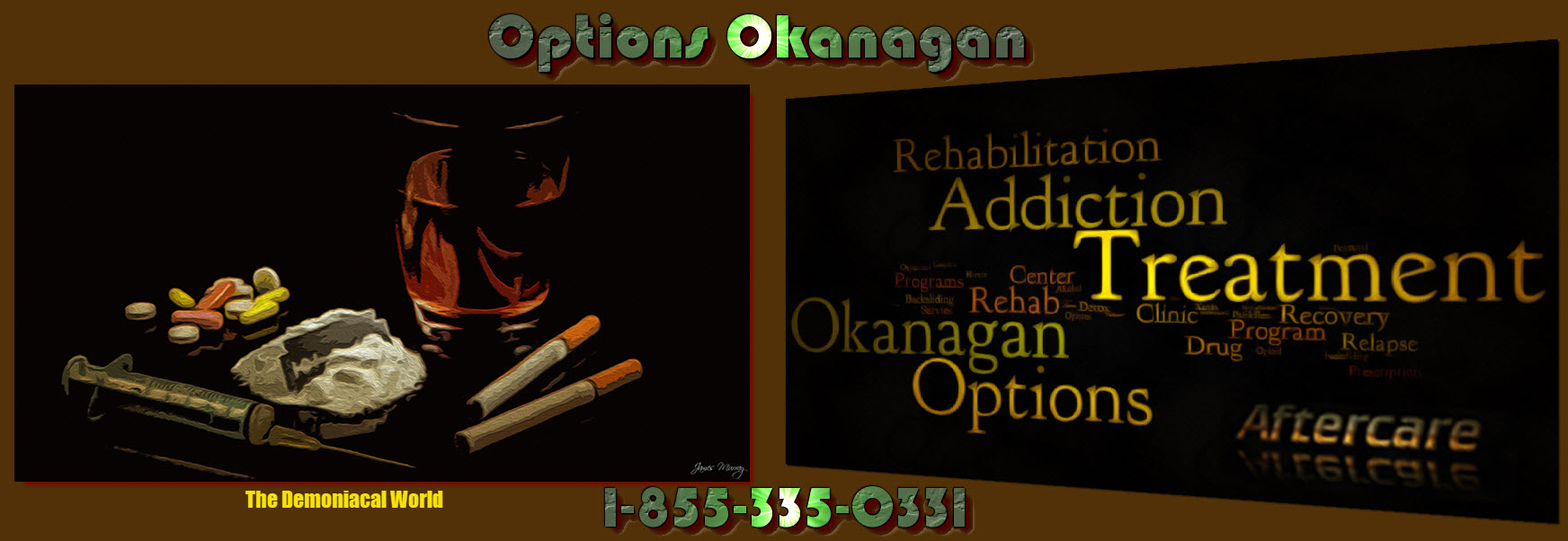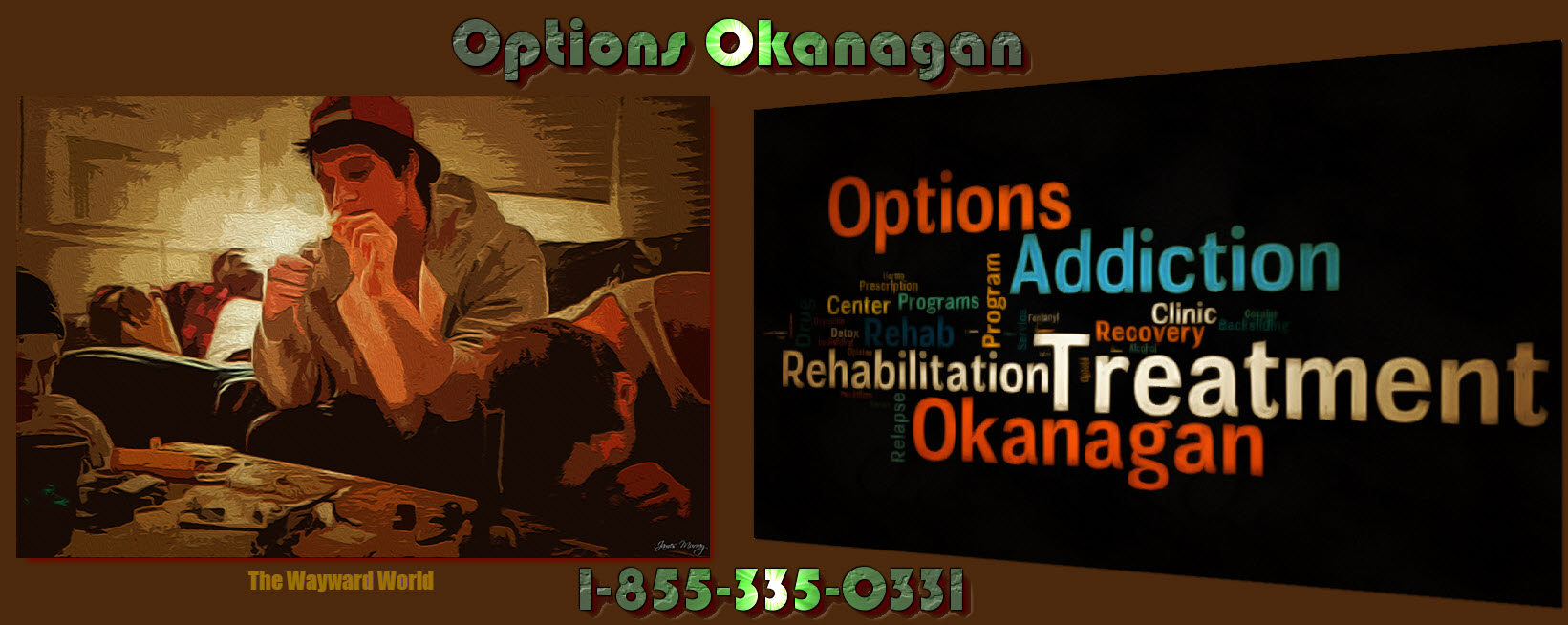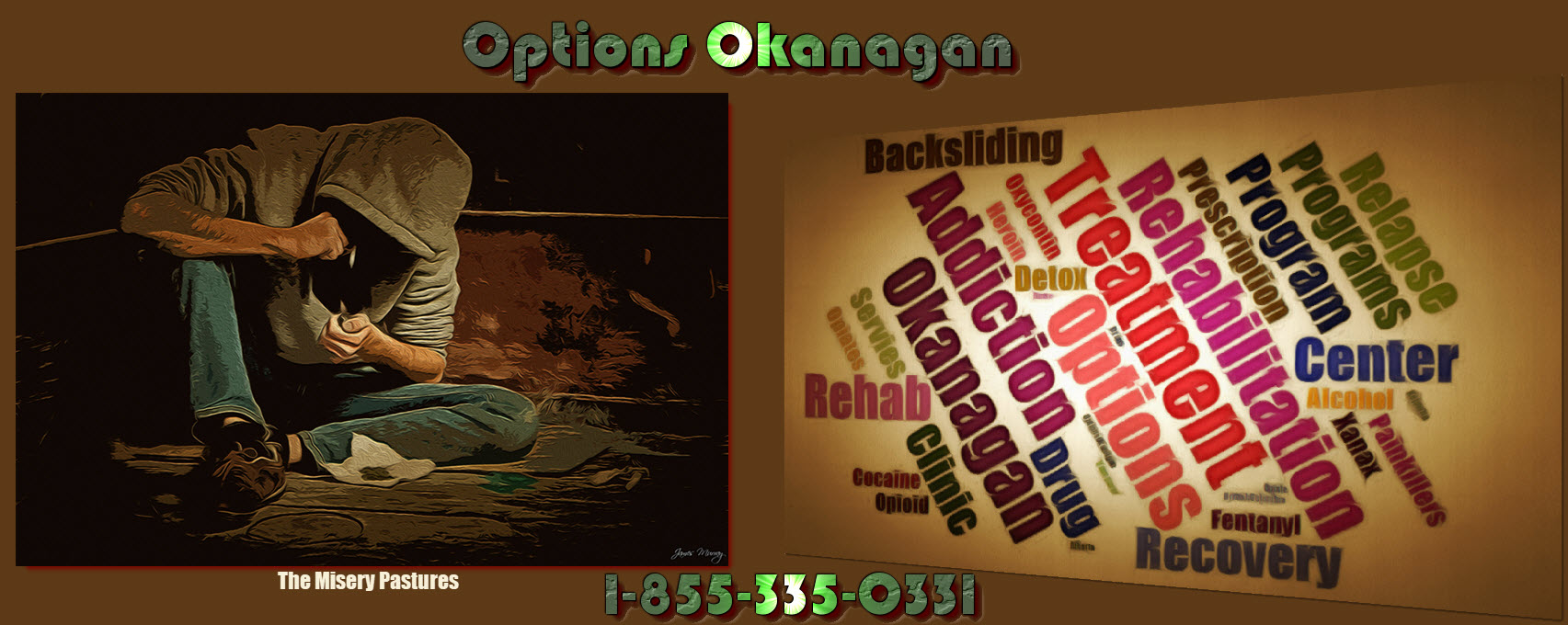Substance abuse triggers, and the risks, dangers, and challenges to avoid in early addiction recovery – Drug Rehab Programs for recovering addicts in British Columbia and Alberta – Options Treatment Center in Kelowna, British Columbia treating drug, opiate, fentanyl, heroin, and alcohol addiction and recovery.
Drug Rehab In Alberta And BC
In early addiction recovery is a time to safeguard as well as cultivate and nurture a person’s sobriety. An individual has actually requested help and also made it through an addiction treatment program. An individual has tasted a brief drug-free life in recovery and they recognize now that they would never return to abusing alcohol or any type of drug again. If an individual is like most people newly sober, they are now feeling genuinely alive for the very first time in years or even longer.
Regardless of these typical feelings, relapses are the highest in the very first year following an addiction treatment program. It is simply to easy to believe that when an individual has finished an addiction recovery program that they have overcome addiction, however, the reality is that an individual needs to work to preserve their recovery and sobriety on a daily basis. If a person ends up being complacent in their recovery, old habits, behaviors, and cravings can return.
Throughout the many years of treating thousands of people with substance use disorders (SUD), the counselors and professionals at treatment centers around the country have identified common risks and challenges that strike individuals in early addiction recovery. Recognizing what these risks are and how to avoid them can help an individual preserve their sobriety.
Not depending on willpower, but by avoiding the triggers.
If an individual is in early recovery, they have actually identified coping mechanisms to help them get over urges or cravings to consume alcohol or use drugs. An individual may feel like they have the ability to power right through any kind of obstacle, however, this can bring about relapses.
Existing scientific research reveals that addiction is an illness and a disease on a cellular basis. While self-control and willpower can help an individual deal with cravings, it is also the reality that addiction is unbelievably powerful, and will compel a person to use drugs or drink alcohol at unexpected moments. As a result of this, it is ill-advised to depend on willpower or self-control alone. Rather, it makes it less complicated to maintain a person’s sobriety by staying clear of the triggering scenarios. In this way, a person’s willpower or self-control is only truly tested in emergency situations, and they have fewer chances for failure.
Not ignoring triggering scenarios, but by acknowledging that removing triggers makes addiction recovery much easier.
Many individuals that abuse drugs or alcohol have routines. There were particular people they drank with or used drugs, bars or locations they were most likely to head out to consume alcohol or particular days when they were most likely to get high. In addiction recovery, each of these can end up being an addiction trigger, subconsciously triggering their brain to use drugs or alcohol again.
Some individuals in early addiction recovery want to believe that their willpower or self-control can power through these triggers, and this will be a disaster. Rather than frequenting the very same places as well as fraternizing with the very same people that they did when they were using drugs or alcohol, stay clear of those triggers and also establish brand-new, healthy and balanced routines around their new sobriety.
Not preparing for hidden triggers, but by planning ahead in sobriety.
It is evident that some things pointed out above are triggering and causing issues, like a bar that an individual used to frequent or a buddy that they used drugs with to get high. Along with these, many individuals in addiction recovery have actually hidden triggers that might surprise them by triggering a need to use drugs or alcohol. Sometimes, these are holidays, vacations, special occasions, unique events or celebrations.
To determine an individuals’ hidden triggers, they need to consider what times of the year they were most likely to abuse drugs or alcohol. For many individuals, the holidays, on vacations are triggering and cause issues. An anniversary of a traumatic event or a stressful occasion like a fatality can additionally be triggering and cause issues, even if an individual has not purposely made the link between these events or occasions and their substance use disorder. As soon as an individual has recognized their triggers, establish a relapse prevention strategy, and by using their sponsor, counselor, therapist or a sober friend to help them remain on track.
Not testing an individual’s limits in sobriety, but by remembering that they are still learning and healing in recovery.
As an individual becomes more safe and secure in their sobriety, a person may be tempted to test their boundaries or limits, to prove to themselves at last that they have full control over their dependencies. Some people will test their boundaries or limits by deliberately going into triggering scenarios, like going to a party or an event where alcohol or drugs are readily offered. Others individuals may try their addiction of choice in small amounts, believing and thinking that they can actually “stop or quit after one” or simply use recreationally now and then.
If this is tempting and alluring to a person in recovery, it is critical to keep in mind that they are still healing in recovery from substance use disorder (SUD) and discovering the manner in which this disease can deceive and trick them. Addiction is powerful and forces every person to tell lies to themselves and their loved ones, as well as in believing that they need to test their boundaries or limits to prove and confirm a person’s sobriety is simply that, a lie. Rather than, concentrate on working on their addiction recovery plan.
Not losing momentum, but keep making progress by setting new sobriety goals and objectives.
It would be wonderful to conquer all addictions and be cured. However, the majority of people in long-term addiction recovery will claim that they work hard at their sobriety every single day. Recovery from addiction is a way of living, not a goal that can be gotten to and forgotten.
To maintain progress in an individual’s recovery, they need to remain involved with their aftercare program. Alumni programs at treatment facilities are an excellent way to have some good times while staying sober. Establishing brand-new goals and objectives, like participating in more AA or NA meetings as well as trying new sober activities, can keep an individual’s recovery fresh.
Early addiction recovery is a time to celebrate progress and development, without losing track of an individual’s long-term health and wellness goals and objectives. Staying clear of these risks and challenges will certainly enable an individual to maintain a healthy and balanced way of life that they have worked so hard to get.
Options Okanagan Opiate and Alcohol Treatment Centers in Kelowna, Salmon Arm and Vancouver, British Columbia – Men and Women are recovering and healing from Alcohol and Drug Abuse at our treatment center here in the Okanagan right now.
Our unique and distinctive Opiate Drug and Alcohol treatment program allows men and women to come in from Calgary as well as Edmonton as we offer airport pickup.
Numerous clients come to us from Vancouver, Calgary, and Edmonton and other locations in Alberta and even other provinces for Opiate addiction treatment, heroin drug treatment, many other drug and alcohol addictions for rehabilitation because of the uniqueness of our treatment center.
Our (Kelowna ) Alcohol and Drug Treatment Program Location:
(Not Mailing Address) Contact Us – Web Page
For Mail Delivery :: Please contact each center for correct mailing addresses, also this location is the location of our residential treatment programs in Kelowna. Please call Toll Free 1-855-335-0331 to contact the treatment center you are going to for the address and directions.
Options Okanagan Drug and Opiate Treatment Center
551 Sherrydale Crescent, Kelowna, British Columbia, V1V 2E6
Toll-Free Phone Number: 1-855-335-0331




